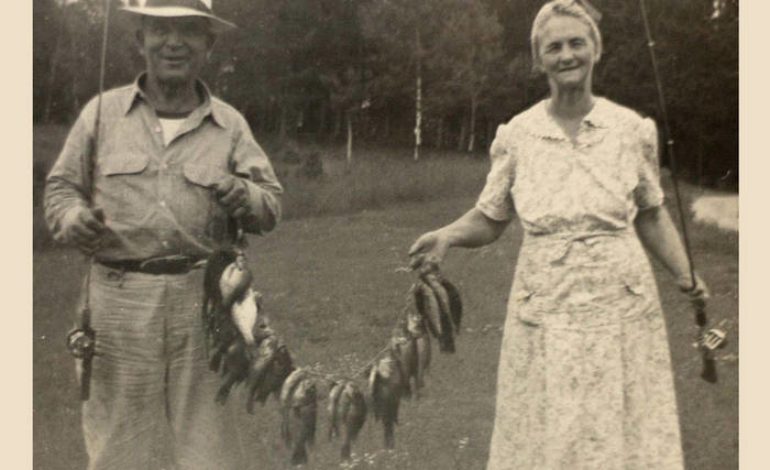

A couple good ideas are not enough
It’s time for another covers album, although this one came out a couple of years ago, so the pandemic was not a factor in its inception. William Elliot Whitmore has brought his banjo and baritone of a man twice his age to a truly divergent set of renditions, ranging from country standards and blues-rock to snotty indie rock and searing punk. However, the novelty wears off a little after one thinks about these choices for a second. Whitmore’s music always sounds very pretty, yet Kilonova features some of his most out-of-whack vocal performances to date and it somehow manages to drag even at only 31 minutes.
Whitmore seems like a guy who knows his stuff because several songs that he picks outside of the realm of country do have a genuine connection to country. The album opens with a straight-forward folk take on The Magnetic Field’s “Fear of Trains,” which comes from an album full of nods to country music. Sincere takes on Stephin Mirritt’s cynical, stream-of-consciousness writing are always risky; Peter Gabriel’s take on “Book of Love” is gorgeously arranged yet utterly misplaced with Mirritt’s dry irony. However, Whitmore makes the original’s scattered imagery surrounding the KKK, religious missionaries and the terrible treatment of Native Americans feel coherent and rootsy. His take on Bad Religion’s “Don’t Pray on Me” is not as strong, but given that frontman, Greg Graffin has released rootsy solo records, the choice makes sense and Whitmore does a good job slowing down the tempo while maintaining the song’s sharp punchlines.
Whitmore’s stripped-back approach leaves his voice out to dry. Sometimes this works out wonderfully like the acapella take on the miserable staple “Country Blues” that is easily the biggest risk on the record. It’s a bad choice when he delivers some truly overwrought vocal performances. Harlan Howard’s “Busted” is a typical country song about a down-on-his-luck patriarch trying to get help, and Howard sells it with a lot of intimacy. Whitmore, on the other hand, overexaggerates every line to the point of parody. While his performance on Captain Beefheart’s “Bat Chain Puller” is not any less over the top, it at least fits with the sizzling guitars and skronking horns that fit with the original.
The only moment with real multi-tracking or harmonies is ZZ Top’s “Hot Blue and Righteous,” where the gospel choir clashes with the gauzy instrumentation. Several of the songs he chose, including “Five Feet High and Rising,” “Don’t Pray on Me” and “One Glass at a Time,” are exceptional because of the vocal arrangements: the feminine cooing behind Johnny Cash, Bad Religion’s trademark three-part harmonies and Red Meat‘s pretty, well-balanced duet. This vocal isolation and focus on himself are not new for Whitmore, but it seems like a missed opportunity.
While it’s cool to see Whitmore find common ground with artists, it doesn’t work when he sticks too close to the original. At first, the reverb-heavy guitars on “Hot Blue and Righteous” seemed like a novel change to ZZ Top’s typical sizzle, yet it’s not that dissimilar from the original. Other major changes only strip songs of their distinct texture and make them seem way longer than they are. The low-pitched strumming and Ward Davis-impression on “Ain’t No Sunshine” are a promising start to Bill Wither’s masterpiece, yet there’s no attempt to replace the famous violins aside from fidgety percussion, so the song drags on with no twists or flair. Furthermore, there’s no point in stretching out Jimmy Driftwood’s “Run Johnny Run” without anything to make up for Driftwood’s trademark style of playing. There’s a lot of potential in those choices, and Whitmore almost always has pretty production, yet Kilonova’s bold triumphs aren’t enough to make up for too many boring, rote attempts.
